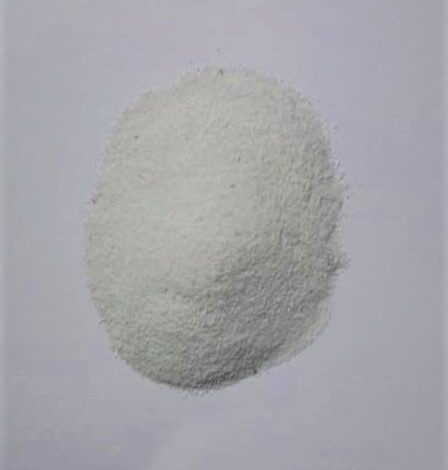Key Uses and Global Demand for Barite
Barite, also known as barium sulfate, is a mineral with numerous industrial applications because of its unique physical properties. Its high density, chemical inertness, and ability to absorb radiation make it essential in several sectors. In this article, we’ll explore the industries that demand barite most and the applications driving its global consumption.Demanding Barite in Industry
What is Barite and Why is it in Demand?
Barite is a naturally occurring mineral primarily composed of barium sulfate (BaSO₄). Because of its high density and resistance to chemical reactions, industries consider it indispensable. Sectors that require heavy, stable materials—such as oil and gas, construction, and manufacturing—depend on it significantly. As a result, global demand continues to grow, fueled by its versatility and cost-effectiveness.
Key Benefits of Barite in Industry
-
High Density: Its density makes it ideal for drilling fluids, radiation shielding, and heavy construction.
-
Chemical Inertness: Barite resists reactions, which ensures reliability in manufacturing processes.
-
Cost-Effective: Compared to other high-density minerals, barite offers a cheaper and practical alternative.
Industries Driving Barite Demand
Several industries rely heavily on barite for production. While the oil and gas industry consumes the most, construction, paints, and pharmaceuticals also play major roles in shaping global demand.
1. Oil and Gas Industry
The oil and gas sector represents the largest consumer of barite worldwide. Companies use it as a weighting agent in drilling fluids, which increases fluid density and prevents dangerous blowouts. Because shale gas exploration and deep-water drilling are expanding, the need for barite continues to rise.
Key Factors Driving Demand in Oil and Gas:
-
Expansion of shale oil and gas projects.
-
Growth in deep-water drilling activities.
-
Constant need for reliable drilling fluids.
2. Construction Industry
In addition, the construction industry uses barite to strengthen building materials. Engineers add it to concrete and cement, especially in projects requiring radiation shielding. For example, nuclear plants, hospitals, and laboratories often depend on barite-based concrete. The mineral’s density and durability make it a trusted choice as infrastructure development accelerates worldwide.
Key Factors Driving Demand in Construction:
-
Application in radiation-shielding concrete.
-
Rising demand for stronger building materials.
-
Expansion of global infrastructure projects.
3. Paints and Coatings
Barite also supports the paints and coatings industry. Manufacturers add it as a filler that enhances texture, opacity, and durability. Furthermore, it prevents cracking while improving the smooth finish of industrial and decorative paints. Since construction and automotive production continue to expand, the demand for high-quality coatings steadily increases.
Key Factors Driving Demand in Paints and Coatings:
-
Higher need for durable, long-lasting paints.
-
Growing demand in construction and automotive sectors.
-
Use in both industrial and decorative products.
Final Thoughts
Barite’s unique properties explain its high global demand. Its role in oil and gas drilling remains the most significant, yet construction and paints also contribute strongly to its consumption. Because it combines density, inertness, and affordability, barite will remain essential across multiple industries. As global development continues, demand for this mineral will only rise further.

